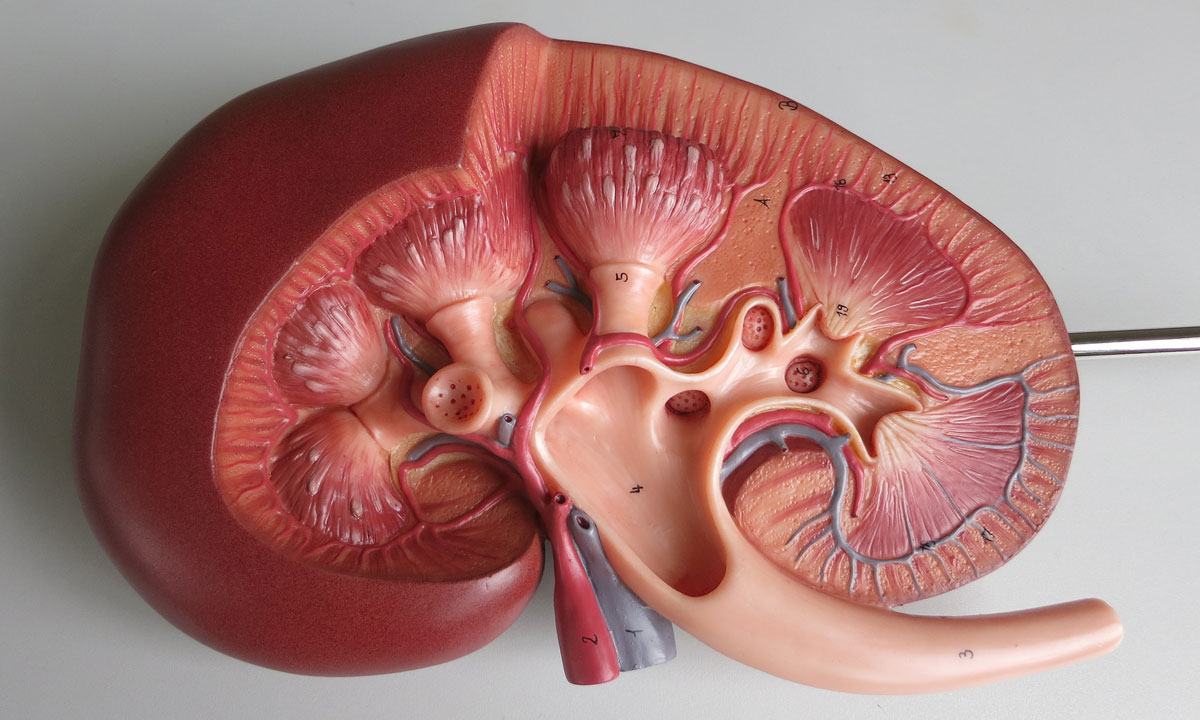
Cannabinoids and kidney disease from marijuana
Although there are various diseases and ailments that kill people, kidney disease is the ninth leading cause of death in the United States. It is also estimated that 31 million Americans (10 percent of the US adult population) will be diagnosed with chronic kidney disease (CKD). The proper functioning of our organs, especially our kidneys, is vital. The main symptoms of chronic and non-chronic kidney disease include long-lasting pain, which can lead to other painful symptoms. Currently, many doctors prescribe opioids to their patients to help them manage pain. However, opioids and other drugs have been shown to be harmful and addictive. Fortunately, however, cannabis and its derivatives can provide relief for people with kidney disease, particularly the chronic pain that accompanies the disease. Here’s some information about marijuana’s cannabinoids and kidney disease that you might find useful.
Purpose of the kidneys and possible causes of kidney disease
For those who don’t know, the main purpose of our kidneys is to clean our blood by removing excess fluid, minerals, and waste. Our kidneys also help keep the body clean and free of toxic compounds, including byproducts of chemical consumption, digestion, and even muscle activity. In addition, the kidneys are responsible for maintaining proper levels of potassium, sodium, salt, phosphorus, and minerals in our bloodstream.
When it comes to possible causes of kidney disease, it is important to understand the different types of kidney disease. The different types of kidney diseases/disorders are divided into, for example, chronic kidney disease (CKD), acute kidney injury and acute kidney failure (ARF). In most cases, CKD can be caused by diseases of the immune system such as HIV/AIDS, lupus, hepatitis B and hepatitis C. Other possible causes of kidney disease include injury, various medications, or genetic problems.
Additionally, if a person has been diagnosed with diabetes, high blood pressure, or has a relative who has kidney disease, that person is at a higher risk of being diagnosed with kidney disease.
Current treatments for kidney disease
To determine if someone has kidney disease or reduced kidney function, a doctor may do a variety of tests to find out what’s going on. Once someone is diagnosed with kidney disease, chronic pain often presents alongside other physical and emotional symptoms. Many doctors prescribe pain medications, such as opioids, for pain management in their patients. However, opioids can cause and/or increase additional side effects of the disease, including nausea, insomnia, anorexia, and itching. These side effects can negatively impact a patient’s quality of life and overall well-being. However, depending on the severity of the disease, some patients undergo dialysis or a kidney transplant.
Alternative Treatments for Kidney Disease (Cannabis)
Aside from the treatments briefly mentioned, many patients are looking for alternative forms of treatment such as cannabis. Recently there has been research into cannabinoids that has helped legitimize the use of cannabis-based medicines. According to the National Institutes of Health, CB1 and CB2 receptors are found in many tissues of the body, including the kidneys. Although cannabis and various cannabinoids can alleviate many symptoms of kidney disease, they do not completely cure the disease.
Regardless, cannabinoids have demonstrated their effectiveness in treating symptoms associated with kidney disease, such as anorexia/cachexia, insomnia, anxiety, depression, and itching. Chronic pain is another common symptom of kidney disease that can be treated with THC. THC has been found to have analgesic properties, in addition to possessing antiemetic, anti-nausea, appetite stimulating and muscle relaxant properties. Additionally, several clinical studies have found that sleep quality improved significantly in patients consuming cannabinoids to treat chronic pain and persistent itching.
Medicinal Benefits of Cannabis in the Treatment of Kidney Disease
Additionally, cannabis and its derivatives could prevent kidney damage while relieving pain and other distressing symptoms. Many nonsteroidal anti-inflammatory drugs, on the other hand, can cause harmful chemicals to enter the bloodstream. This puts a lot of strain on the kidneys. Numerous nonsteroidal anti-inflammatory drugs, including Ibuprofen, Advil, Motrin, Aspirin and Aleve, contain a large amount of substances that are toxic to the kidneys. On the other hand, cannabis has very few side effects on our organs. There is also no risk of a cannabis overdose causing harm or damage to our organs.
Overall, small improvements in kidney disease symptoms through the use of THC and CBD could be clinically beneficial for patients experiencing difficult-to-treat symptoms. So far, however, cannabis-based medications for kidney disease and CKD in particular are being considered.
Although cannabis does not cure kidney disease, it can effectively relieve many associated symptoms. This can lead to an improvement in the quality of life, which can lead to a life with more joy and less pain. Isn’t that ultimately what we all want?

Post a comment: